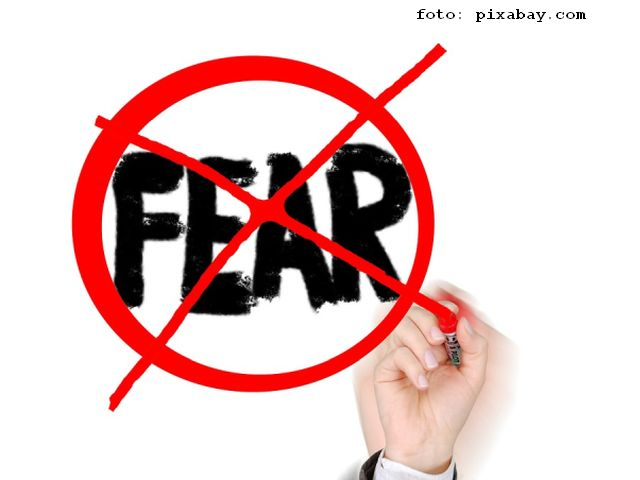Things You Didn’t Know About Fear
Fear is a mental phenomenon, but can have powerful physical manifestations

Luiza Moldovan, 02.11.2022, 00:53
Fear is a mental phenomenon, but can have powerful physical manifestations. Most of us are uncomfortable with it, but some actually seek it out. The feeling originates in the amigdala, a small organ in the brain, which sends out powerful signals across the nervous system.
The amigdala is a component of the limbic system, which regulates emotion and some behaviors. It also processes fear. As part of the so-called reptilian brain, it is also involved in processing basic sensations, such as smell, which has an influence over our feelings. Here is therapist Daniela Ionescu explaining the symptoms of fear.
“Fear can provide the energy and determination to do certain things. Too much fear can result in anxiety and panic attacks, which is phyisical or psychic suffering that may be too much to bear. If, for instance, you are afraid of freezing to death this winter, you may be inclined to give up your dream vacation to spend all your money on a high performance heating system. The physical manifestations of fear are trembling, perspiration, a strong heartbeat, fast breathing, bowel problems, or sexual dysfunction. Among the psychological manifestations are unrest, agitation, a sense of lack of control, or hyperactivity, which may even result in aggression.”
Fear has a role in social dynamics at all levels, and can be used to manipulate people unawares. Even though this is not the right approach, the fear of the Boogie Man in childhood may drive children to do what they are told, even against their will. As adults, the Boogie Man takes different forms, from a threat from the bank that you may lose your home, or a threat from the boss that you may lose your job. Either way, it can be a very effective means of manipulation, as Daniela Ionescu told us:
“If people in authority repeatedly exaggerate real or imaginary events that are fear causing, and the same people claim they have the solution, you may become a victim of manipulation. When we blame others for what we feel, we give them the power to control our emotions, thus our behavior.”
Fear fogs the mind, and reasoning becomes defective. During a war, for instance, too much information about disasters can clog up the brain, rendering unable to tell truth from fiction, as if you were a combatant yourself. This is different from phobias, and can be addictive, as explained by Daniela Ionescu:
“Disastrous events, or events that are presented as disasters, create a social climate of fear. Fear can be good, if it helps one find solutions. However, if it makes one focus on a single problem, this will lead to exhaustion, and exhaustion can lead to depression, which may lead to a lack of reaction to mortal danger. In other words, fear can save your life. Too much fear may kill you. Also, fear is learned. The hormones associated with it may cause addiction, because adrenaline can feel good, but for a short time. You may start seeking out danger, or, if there is none to be had, you can imagine it.”
Fear can keep one safe, and it is a complex emotion. It can have positive effects, keeping you out of trouble, but it can also have quite nasty consequences. Here is Daniela Ionescu:
“If we define man as a biological machine, then fear, a primary, instinctual emotion, is its survival mechanism. Our brain has a sort of antenna that scans continuously our inner and outer environment, seeking out potential dangers. In other words, the natural state of our being is one of alert. When it identifies a danger, the brain declares a state of emergency, and mobilizes the rapid reaction forces, adrenaline and cortisol. These are the so-called stress hormones. They prepare the body for the fight or flight response. So emotions in general, including fear, directly cause behavior, sometimes bypassing reason. The problem is that our brains are not very good at telling the difference between real and imaginary danger. For instance, if you read about war, see images of war, think of war, your body may react as if it is actually in a war.”






























